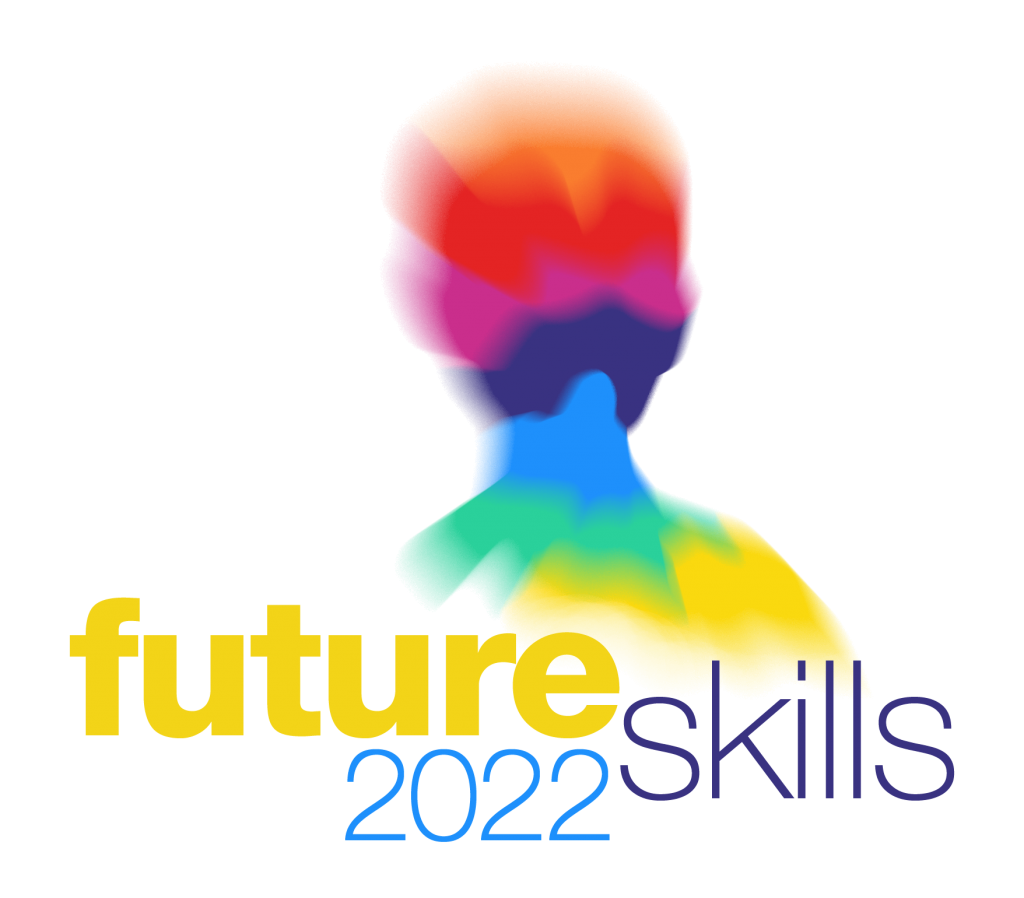
The world is changing and the way our new generations must be prepared for a new labour context is changing, or at least it should be changing. But, is the educational system preparing future generations to thrive in this changing landscape? While we can’t predict exactly what our workforce needs will be in the middle of the century, we already know they are changing and will continue to change with the rate of technological advancement.
Old strategies and skills are giving place to new ones, in a context where even the concept of intelligence or competence has changed. Nowadays, more than ever, it is not so important how much you know, but what you can do with all that stuff, how you do it, how you share it, how your teamwork is, how you impact in your customers…
These concepts are absolutely clear when we talk about a labour context, what workers need and will need to adapt to the future.
The World Economic Forum edited in 2016 the report “The Future of Jobs. Employment, Skills and Workforce Strategy for the Fourth Industrial Revolution”, and updated it in 2018 with “Centre for the new Economy and Society” depicting new scenarios for the future of work. This report looked at the trends expected in the period 2018-2022, highlighting that “Growing occupations include roles such as Data Analysts, Software and Applications Developers and E-commerce and Social Media Specialists – jobs that are significantly based on, and enhanced by, the use of technology. However, also expected to grow are job roles based on distinctively ‘human’ traits”. Thus, even the rate of automation in the task hours will be balanced (48% will be done by humans and 52% by machines), the new tasks at work are driving demand for new skills. According to the report, by 2022 workers will see an average shift of 42% in required workplace skills.
Skills growing in prominence include analytical thinking and active learning as well as skills such as technology design, highlighting the growing demand for various forms of technology competency. However, proficiency in new technologies is only one part of the 2022 skills equation. “Human” skills such as creativity, originality and initiative, critical thinking, persuasion and negotiation will likewise retain or increase their value, as will attention to detail, resilience, flexibility and complex problem-solving. Emotional intelligence, leadership and social influence as well as service orientation are also set to see particular increase in demand relative to their current prominence today.
Thus, in opposition to skills in decline (such as manual dexterity, memory, technology use or management of personnel), the WEF sets a new list of growing skills with a small presence of pure technological ones and predominance of “human” intrapersonal and interpersonal skills:
1. Analytical thinking and innovation
2. Active learning and learning strategies
3. Creativity, originality and initiative
4. Technology design and programming
5. Critical thinking and analysis
6. Complex problem solving
7. Leadership and social influence
8. Emotional intelligence
9. Reasoning, problem solving, and ideation
10. System analysis and evaluation
This inspires a firm proposal of reskilling pathways for human capital in disrupted industries and jobs to migrate to growing jobs or industries, collaborating with a wide range of data providers, to offer a realistic and specific view of reskilling and upskilling opportunities. Because this set of new and growing demanded skills will oblige workers (those active, but also close to enter in the market) to fill the gap between their existing skills and the close future ones. The WEF pointed that “on average, employees will need 101 days of retraining and upskilling in the period up to 2022”, because “emerging skills gaps may significantly obstruct organization’s transformation management. A comprehensive approach to workforce planning, reskilling and upskilling will be the key for positive, proactive management of such trends”. Work is and will be also more trans-disciplinary than never before, and the skills required should be taught as soon as possible. The problem is that none of these skills are easy to learn alone, online, or without effort. They take practice, and they demand rich, human interactions, and here is where FS2022 wants to focus, thinking in a pyramidal structure which will take as departure point VET students with the idea to affect, in a mid-long term, a working population and a better trained society in these new and essential human skills.
For more information please visit our project website
